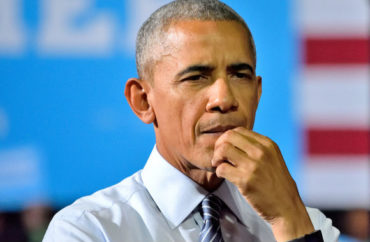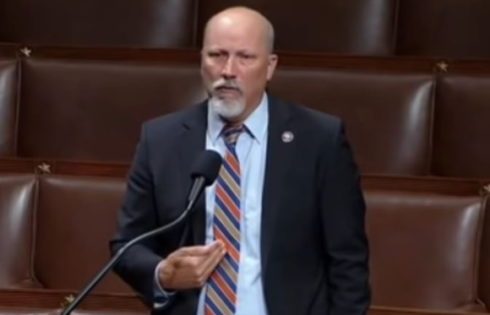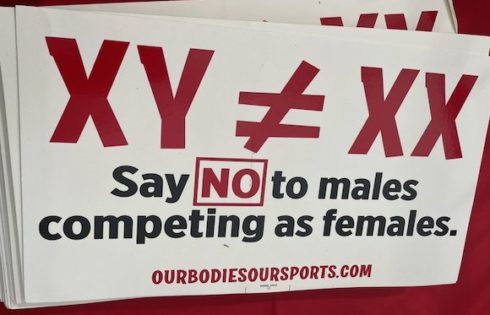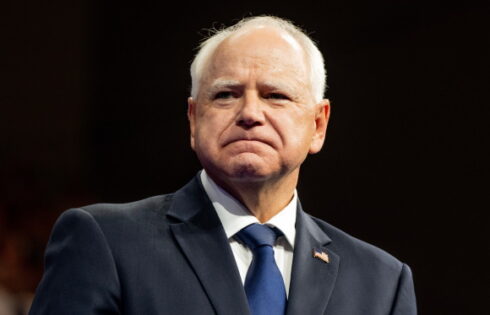
With the battle lines of the 2012 Presidential race beginning to form–from Bain Capital to the War on Women–President Obama took time last week to give the commencement address at Barnard College, the private women’s liberal arts college whose brother-school, Columbia, is Obama’s alma mater.
The speech was delivered well: the President worked the crowd, hit his punchlines, and delivered his sobering anecdotes. While battered from a turmoil-ridden first term in office, Obama nevertheless displayed a familiar, yet highly concerning, charisma for the onset of his re-election efforts.
He began by reminding the recent graduates that he too faced a hard economy leaving college. As a member of the class of 1983, the President told students he shared “a lot in common with all of you.”
However, the attempt here to present a relatable, shared struggle stumbled upon the reality of two very different recessions. Barack Obama entered an economy shaped by the Reagan recovery. In 1983 the nation was adding roughly 400,000 jobs per month, GDP was growing around seven-percent, and the unemployment rate was steadily declining.
As a careful omission, the President chose not to tell the young women of Barnard they were not as fortunate: The labor market is relatively stagnant. Fewer jobs are being added despite tremendous population growth. And the economy is much more difficult for Americans under twenty-five.
Mr. Obama suggested that perhaps our problem is simply one of perception. He blamed the news media. As he reminded students, “good news doesn’t get the same kind of ratings as bad news anymore.” We shouldn’t worry because there’s a tremendous amount of good news happening–it just cannot be seen and is not being reported, according to the president.
This sort of finger pointing is not uncharacteristic for Obama, who always seems ready to construct a culprit other than himself, be it a Republican Congress, the Supreme Court, Wall Street, Super-PACs, and even now, with an equal amount of irony and desperation, the mainstream media.
Beyond the finger pointing in the President’s address, two larger themes stood out that could be defining elements of his re-election narrative: perseverance and progress.
As his last piece of advice, Obama implored the graduates to “persevere.” Despite the numerous hardships down the road, determination is almost a sufficient quality in itself for success. Speaking to a generation now unemployed and burdened with a multi-trillion dollar generational debt–largely due to the man they put in office–the message of hope is hard to sell.
Instead, the President focused on perseverance–a shared struggle that our generation will endure side by side a President who is “right there with you.” And to his credit, there is a degree of brilliance to this strategy. Cloaked in empathetic anecdotes and an admirable personal story, the President has redefined his failings as virtuous opportunities. His economy is our defining struggle–yet, miraculously, he is the shepherd, not the villain.
With the economy in tatters, Obama’s message has gone from Hope and Change to Grin and Bear It in the course of four short years.
Additionally, in his speech the President disclosed a very revealing premise: “The question is not whether things get better… they always do,” he said. Progress–loosely defined as the addition of laws, rights, entitlements and the like–is inevitable. Call it moving forward or evolving or some other formulation, but change, almost by itself, is some sort of social good.
And here, the President touched on the core–the intellectual, social and political culmination–of the 2012 race: What is our metric for progress? In Obama’s address, he painted an America striving for greater equality, social justice, populated by individuals that could materially flourish once the government provided “fair” opportunity.
But contrast this with Mitt Romney’s commencement address at Liberty University, given only a few days earlier. Romney played down worldly ambitions. He urged students not to rush forward, but to look back–to search for guidance in the ancestral, fundamental, unchanging, grounded truths of the West’s religious tradition. In Governor Romney’s address, he painted an America that places its trust and hope in “God, not man.”
The coming election need not be about religion in the public square, or which candidate can more aptly quote bible verses. But, in addition to the economy or whatever hot-button issues drive the news cycle, it will be about our nation’s sense of purpose. How should we measure our society? Will America be a nation defined by liberty and opportunity, or by heavy-handed, debt-saddled, government-engineered “progress”?
These questions will have very real repercussions come November. And within that setting, the President’s Barnard address revealed at a profound difference between his vision for America and that of his Republican rival.
Fix Contributor Harry Graver is a student at Yale University.
Click here to Like The College Fix on Facebook.





Please join the conversation about our stories on Facebook, Twitter, Instagram, Reddit, MeWe, Rumble, Gab, Minds and Gettr.